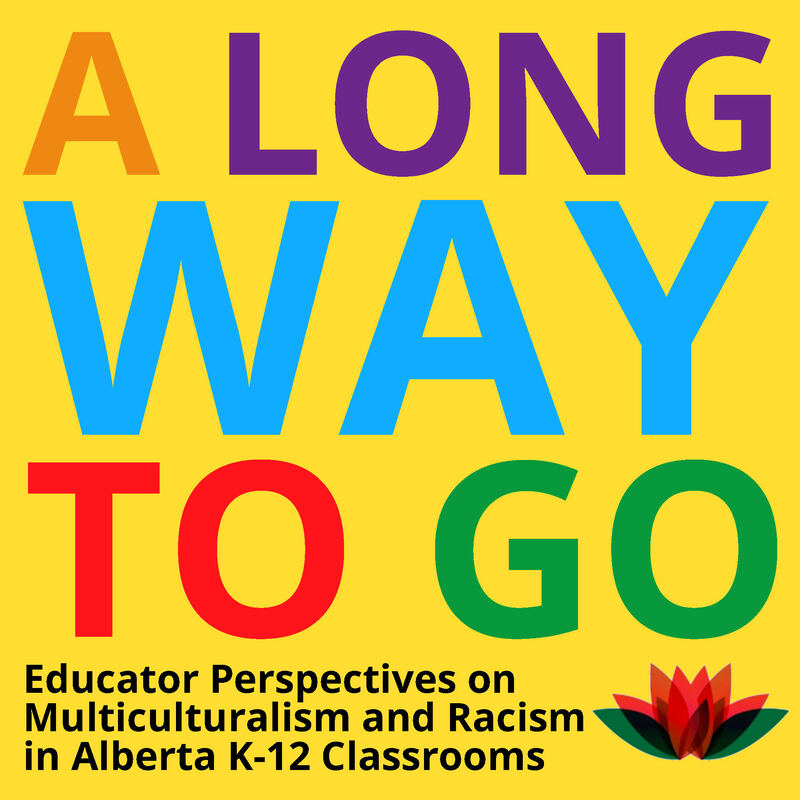Educational resources for K-12 teachers
Talking to kids about race and racism
|
Two of our team members (Courtney Walcott and Iman Bukhari) had the opportunity to complete an online workshop in partnership with Alberta's Teacher's Association (ATA) on how educators can talk to their students about race and racism in a classroom setting. The workshop discussed:
|
|
Our research study: A Long Way To Go
Educators Perspectives of Multiculturalism and Racism in Alberta K-12 Classrooms
|
Racism creates a ripple effect of exceedingly detrimental impacts to individuals, communities, and the collective wellbeing of any given geographical or social region as a whole. Though all who experience racism are subject its negative and harmful effects, children are especially vulnerable to the consequences. Racism exists in many forms, including racially or culturally-based prejudice, discrimination, bias, stereotyping, or violence. In order to gauge the level of racism that school-aged children experience in Alberta, as well as assess teacher preparedness with regards to teaching multiculturalism in classrooms, we conducted a research project and subsequent report outlining the issues. The report examines race relations in K-12 classrooms throughout urban and rural Alberta, and measures teacher knowledge and preparedness in the context of educating students on multiculturalism and racism.
From August 2017 to June 2018, teachers were contacted in person and online to complete an anonymous survey that answered various questions related to the research topic. Teachers were also given the opportunity to elaborate on their responses through comments on the online questionnaire, as well as through in person interviews. The researchers received 150 responses that were later used for the purposes of data analysis and to compose a research report that was released to the public on July 22, 2019. Another purpose of the research was for the foundation to examine if there is a need to develop a K-12 resource hub that teachers could utilize in order to teach multiculturalism, anti-racism, and inclusion to their classrooms in the future. Within the results, half of respondents surveyed answered that students at their schools do engage in racism. This result is significant as it supports the idea that racism is still a considerable problem in Alberta that impacts children and youth, whose brains, personalities, and identities are still developing. Further research results are outlined in the report. It is hoped that our research results will raise awareness about the magnitude of the issues discussed, and that further steps will be taken in order to address racism among school-aged children, including future research projects. |

